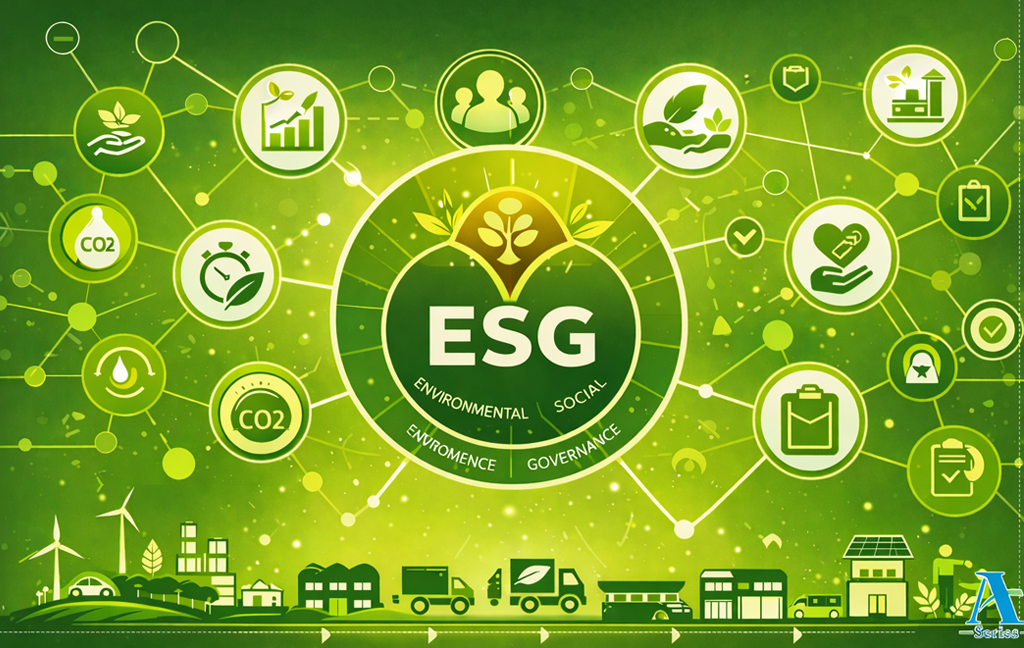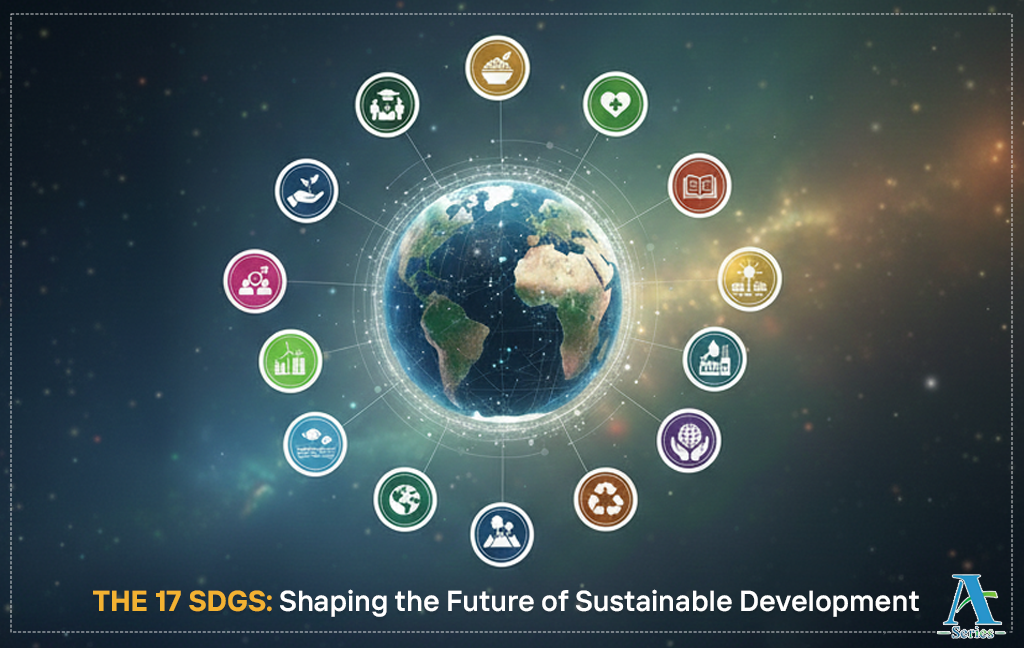India’s Circular Waste Economy: A Path towards Sustainability

India is one of the world's fastest growing economies, but it also has challenges in terms of managing waste. India generates 62 million tonnes of waste per year (as per MoEF& CC), most of which ends up in landfills. This is not only harmful for the environment, but it also wastes valuable resources. To solve this issue, India is moving towards a Circular Waste Economy, which emphasises waste reduction, material reuse, and resource recycling in order to create a more sustainable future.
What is Circular Economy?
It is an economic system designed to reduce waste, reuse resources, & extend product life cycles. Unlike the traditional linear economy (take-make-dispose), it focuses on reusing, repairing and recyclingof materials instead of throwing away. This helps in reducing the pressure on the natural resources and prevents waste from polluting the environment.
Why does India need a Circular Economy?
India's rapid urbanisation is causing a significant rise in waste generation. Cities like Delhi and Mumbai are experiencing air and water pollution due to overflowing landfills. Poor waste management contributes to climate change because decaying waste releases methane, a powerful greenhouse gas. India can reduce its dependency on landfills, minimise pollution, and conserve resources by implementing a circular waste economy.
Steps towards a Circular Economy-
- Encouraging Waste Segregation: The first step in minimising waste generation is waste segregation. Recycling can be made more efficient by separating recyclable, non-recyclable, biodegradable, and non-biodegradable waste at the source. Programs for raising awareness are essential for encouraging individuals to segregate the waste they produce.
- Promoting Recycling Industries: Waste pickers are an important part of India's already growing recycling industry. The country can recover valuable commodities including waste, metals, and plastic by establishing this sector and supporting recycling firms.
- Reducing Single-Use Plastics: The government has taken steps to ban single-use plastics, which are the main source of waste. Promote alternatives to plastics such as cloth bags and biodegradable packaging.
- Promoting composting: Organic waste, which make up a large portion of India’s waste can be converted into compost. In addition to reducing waste, this provides a sustainable alternative for chemical fertilizers.
- Innovation in waste Management: India is converting waste into useful resources like electricity and fuel with the help of technologies like waste to energy plants and biogas generation.
Benefits of Circular Economy
Adopting a circular waste economy can bring several benefits. It can reduce pollution, conserve resources, creating jobs in waste and recycling fields. Additionally, it can help India achieve its sustainability goals, such as the targets under the Swacch Bharat Abhiyan and Sustainable Development Goals (SDGs).
Conclusion
A Circular waste economy is not just about managing waste- its about rethinking how we use resources. For India,this shift can pave a way for cleaner, greener and sustainable future. By embracing this model, we can protect the environment while ensuring economic growth and resource efficiency. It’s time to turn waste into wealth and make sustainability a way of life.






